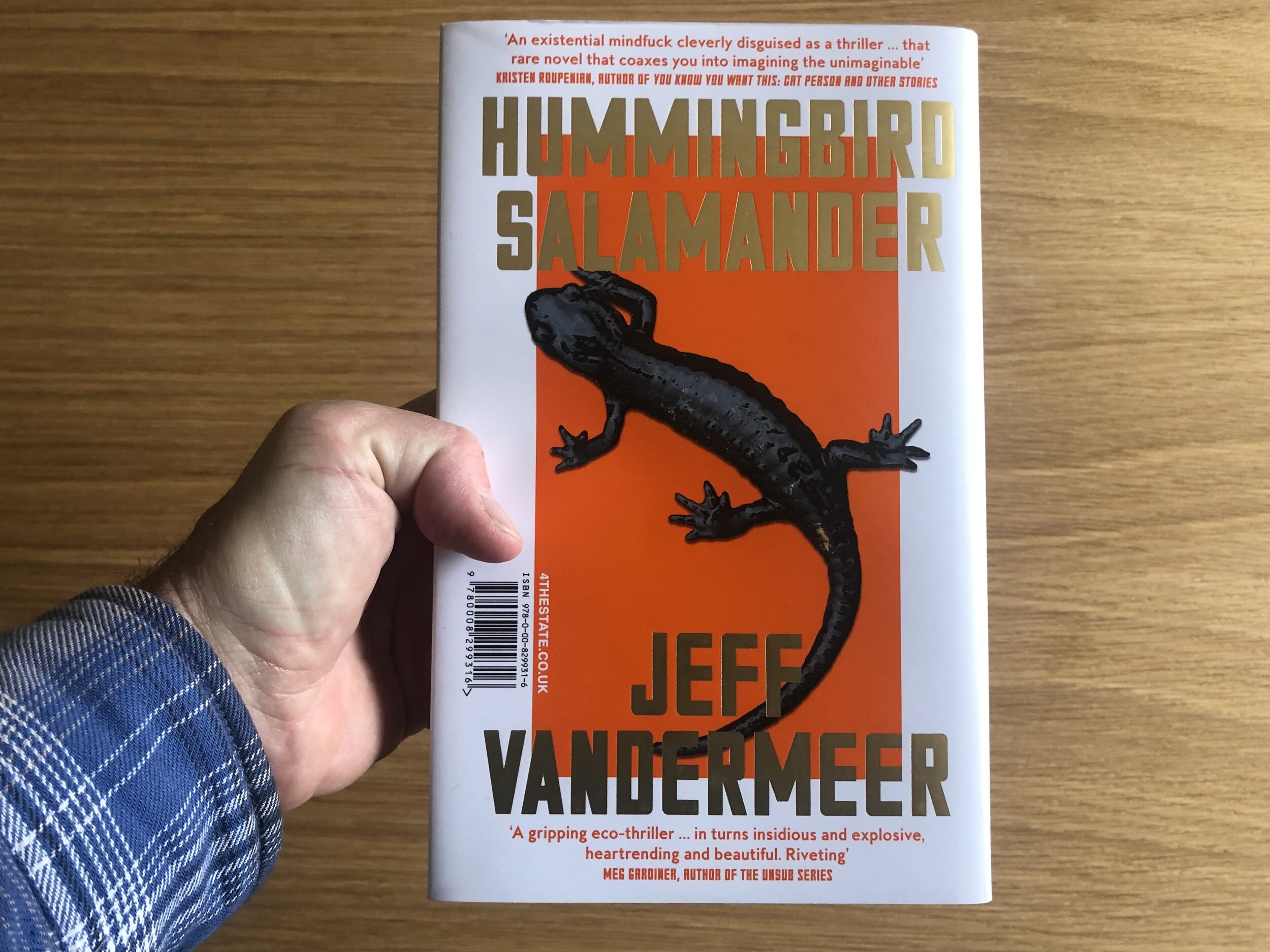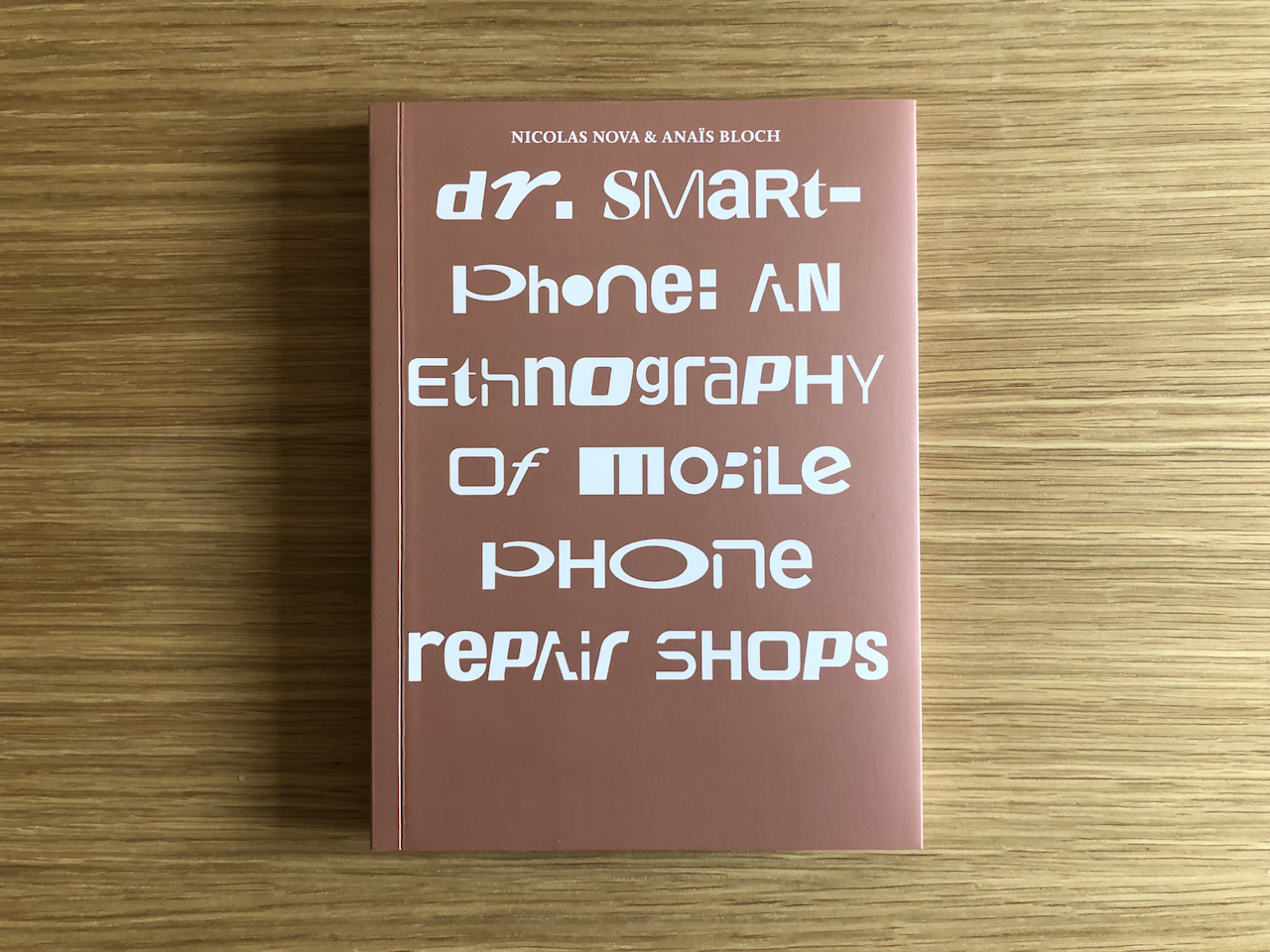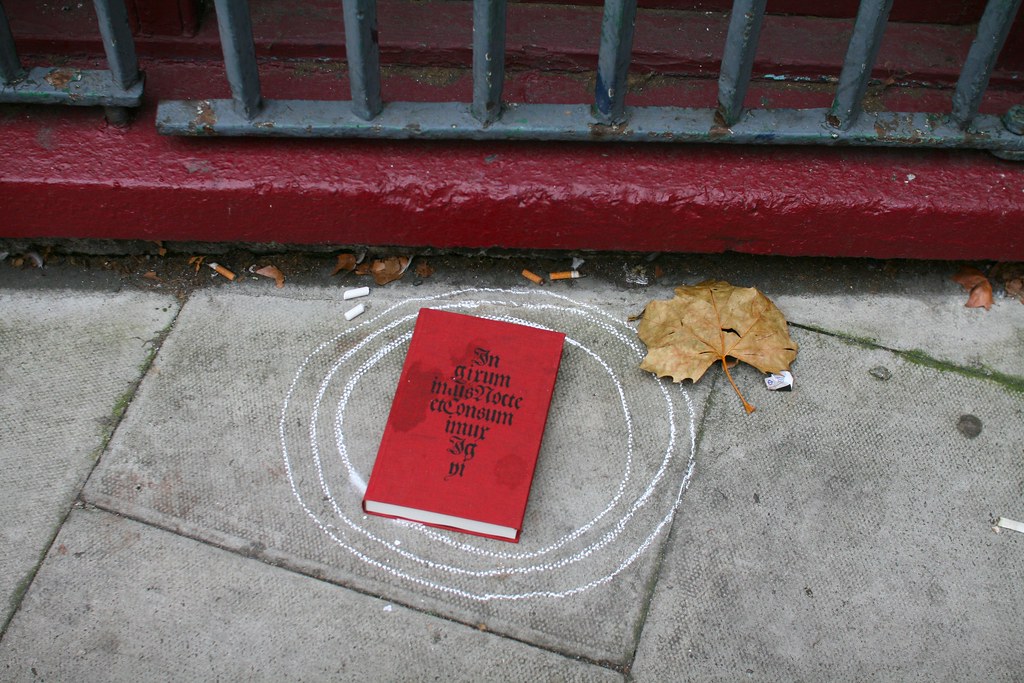Last week, Julian recommended me this book called "Super Sad True Love" by Gary Shteyngart. A long flight over to Fog City CA gave me plenty of time to peruse it carefully. It's a good novel set in a near future dominated by media, retail/commerce and the collapse of the US economy. It feels a bit like Steak crossed with Idiocracy.
There are many interesting and humorous bits in the book (the critique of media/retail, the transhumanists perspective) but what caught my attention is the way smartphone usage is portrayed. Shteyngart use the term "äppärät" to refer to smartphone/mobile devices. The book offers various descriptions that shed some light on current socio-technological rituals, and upcoming ones:
About the device behavior:
"my äppärät buzzing with contacts, data, pictures, projections, maps, incomes, sound, fury"
"my äppärät began to produce its “heavy thinking” noises, a wheel desperately spinning inside its hard plastic shell, its ancient circuitry completely overtaxed by the otter and his antics. The words ERROR CODE IT/FC-GS/FLAG appeared on the screen"
"I’m learning to worship my new äppärät’s screen, the colorful pulsating mosaic of it, the fact that it knows every last stinking detail about the world, whereas my books only know the minds of their authors."
"My äppärät pinged."
"But even he seemed unimpressed, glancing impatiently at his äppärät, which was alive with at least seven degrees of information, numbers and letters and Images stacked on the screen, flowing and eddying against one another as the waters of the Tiber once did."
On device usage and gesturing practices:
"A half-dozen of my fellow citizens were seated behind their chewed-up desks, mumbling lowly into their äppäräti. There was an earplug lying slug-dead on an empty chair, and a sign reading INSERT EARPLUG IN EAR, PLACE YOUR ÄPPÄRÄT ON DESK, AND DISABLE ALL SECURITY SETTINGS."
"I took out my äppärät, flicked it open in a gesture that was au courant maybe a decade ago, held it stupidly in front of me, put it back in my shirt pocket, then reached for a nearby bottle and refilled my glass."
"my äppärät picked up on some scan-able faces, an old-time porno star and a slick guy from Mumbai just starting out on his first worldwide Retail empire."
"I took out my äppärät and began to thump it loudly with my finger to show how much I loved all things digital, while sneaking nervous glances at the throbbing cavern around me, the wine-dulled business travelers lost to their own electronic lives."
"I took out my äppärät, but noticed that the new kids all had the new pebble-like model around their necks, the kind Eunice had worn."
"I lay in my bed, listening to Eunice teening furiously on her äppärät in the living room."
"her index fingers raised above the book as if ready to tap at the BUY ME NOW symbol on her äppärät,"
"Shu descended into another äppärät reverie. I did the same, pretending it was something serious and work-related, but really I was just GlobalTracing Eunice’s location."
Of course, there's a lot on social rituals, scanning, personal scores (which reminded me of Doctorow's reputation currency called 'whuffie') and surveillance:
"My äppärät data were sampled and scanned to a military äppärät by a young man who seemed to be missing a face beneath his cap’s long green visor."
"he wasn’t there. He didn’t have an äppärät, or it wasn’t set on “social” mode, or maybe he had paid some young Russian kid to have the outbound transmission blocked."
"They trooped past me, surprised, agitated, bemused, their äppäräti already projecting data about me, perhaps telling them how little I meant, my thirty-nine-year-old obsolescence."
"We need to get you a new äppärät,” he said. “You’re going to have to learn to surf the data streams better. Learn to rank people quicker.”
"Shu, a goddamn relentless immigrant in the mode of my janitor father but with English and good board scores on his side, was dealing with three äppäräti at once, his callused fingertips and spitfire Chinatown diction abuzz with data and the strong, dull hope that he was squarely in control."
“Learn how to use this thing immediately,” Shu told me. “Especially the RateMe part. Learn to rate everyone around you. Get your data in order. Switch on CrisisNet and follow all the latest. An ill-informed salesman is dead in the water these days. Get your mind in the right place."
"I put the name of my oldest Media pal, Noah Weinberg, into my äppärät and learned that he would be airing our reunion live on his GlobalTeens stream, “The Noah Weinberg Show!,” which made me nervous at first, but, then, this is exactly the kind of thing I have to get used to if I’m going to make it in this world"
“Damn, cabrón,” Noah said, eyeing my pebble. “Whuddat, a 7.5 with RateMe Plus? I’m going to stream that shit fucking close-up.” He filmed my äppärät with his äppärät, while I swallowed another mug of triglycerides."
“‘FAC? What’s that? Who am I? Where’s my diaper?’” “It means ‘Form A Community,’” Vishnu said. “It’s, like, a way to judge people. And let them judge you.” He took my äppärät, and slid some settings until an icon labeled “FAC” drifted onto the screen. “When you see FAC, you press the EmotePad to your heart, or wherever it can feel your pulse.” Vishnu pointed out the sticky thing on the back of my äppärät that I thought could be used to attach it to a dashboard or a fridge. Wrong again. “Then,” Vishnu continued, “you look at a girl. The EmotePad picks up any change in your blood pressure. That tells her how much you want to do her.”
“Set up your Community Parameters. Make it ‘Immediate Space 360’—that’ll cover the whole bar. Now look at a girl, then press the pad to your heart.” I looked at the pretty brunette, at the hairless crotch glowing from within her see-through Onionskin jeans, at the lithe body crouched imperiously atop a set of smooth legs, at her worried smile. Then I touched my heart with the back of my äppärät, trying to fill it with my warmth, my natural desire for love. The girl across the bar laughed immediately without even turning my way. A bunch of figures appeared on my screen: “FUCKABILITY 780/800, PERSONALITY 800/800, ANAL/ORAL/VAGINAL PREFERENCE 1/3/2.”
“The personality score depends on how ‘extro’ she is,” Vishnu explained. “Check it out. This girl done got three thousand–plus Images, eight hundred streams, and a long multimedia thing on how her father abused her. Your äppärät runs that against the stuff you’ve downloaded about yourself and then it comes up with a score. Like, you’ve dated a lot of abused girls, so it knows you’re into that shit"
"Vishnu worked my äppärät until some RANKINGS came up. He helped me navigate the data. “Out of the seven males in the Community,” he said, gesturing around the bar, “Noah’s the third hottest, I’m the fourth hottest, and Lenny’s the seventh.” “You mean I’m the ugliest guy here?” I ran my fingers through the remnants of my hair. “But you’ve got a decent personality,” Vishnu comforted me, “and you’re second in the whole bar in terms of SUSTAINABILIT¥.”
And finally on attention and disconnection:
"She really listened to me. She paid attention to me. She never even looked at her äppärät while I was speaking to her."
"My äppärät isn’t connecting. I can’t connect. No one’s äppäräti are working anymore. “It’s an NNEMP,” all the thirty something Media wizards hanging out in the lobby of our building are saying with finality. A Nonnuclear Electromagnetic Pulse."
"Eunice had opened up her äppärät and was concentrating on the last shopping page stored in its memory before communications collapsed. I could see she had instinctively opened a LandOLakes Credit Payment stream, but every time she tried to input her account info, she ended up throwing her head back as if stung. “I can’t buy anything,” she said. “Eunice,” I said. “You don’t have to buy anything. Go to bed.
Why do I blog this? I started recently a follow-up project to "Curious Rituals", in which I'm exploring smartphone usage. I'm mostly interested in people's gestural and postural habits with these devices. Shteyngart's writing is spot and offer a fascinated perspective on this topic. The humor and accuracy of his descriptions are impressive and it's fascinated to see how such a novel offer a good ethnographic perspective on mobile technology. The fact that it's set in the near future is also pertinent, as some of the features are just a stretch from existing practices.










 Kenneth Goldsmith's 'Uncreative Writing" was certainly the best book I've read so far in 2013. It's basically about techniques, which are traditionally thought to be unrelated with literature (word processing, databasing, recycling, appropriation, intentional plagiarism, identity ciphering, the Internet of Things), inspire the reinvention of writing. The author presents and discusses the tactics he put in place in a class he taught at the University of Pennsylvania.
Kenneth Goldsmith's 'Uncreative Writing" was certainly the best book I've read so far in 2013. It's basically about techniques, which are traditionally thought to be unrelated with literature (word processing, databasing, recycling, appropriation, intentional plagiarism, identity ciphering, the Internet of Things), inspire the reinvention of writing. The author presents and discusses the tactics he put in place in a class he taught at the University of Pennsylvania.